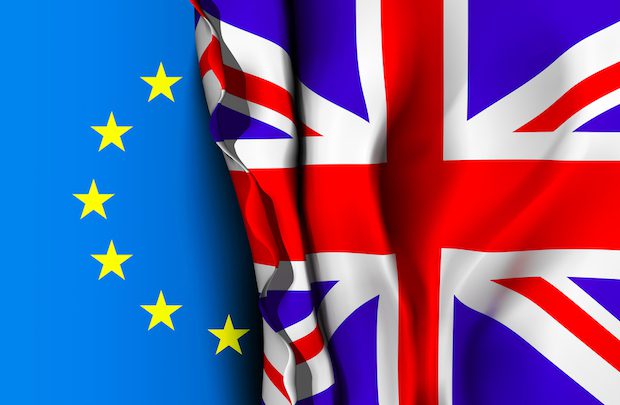Nationalism Vs. Conservatism

The election of 2016 was a triumph for the right wing, but not necessarily for conservatism, Mark Movsesian says. Excerpts:
Still, taken together, the political events of 2016 reflect an important common theme: the resurgence of nationalism across the West. Although other factors are also involved and nationalism’s revival has not been complete—in Austria this past weekend, mainstream parties worked together to defeat decisively a nationalist candidate for president—throughout this year, nationalist resistance to global liberalism turned out to be the most influential force in Western politics.
To be sure, traditional conservatism played a role in these developments—but only an indirect one. Although the Right, broadly defined, achieved victories in the United States and Europe, what we think of as “movement conservatism” did not. In Britain, the leaders of the Conservatives opposed Brexit; in America, many conservatives opposed Trump. In France, the Republican Party has worked hard to distance itself from the National Front, which it views as an embarrassment. In Italy, the Five Star Movement declares itself non-aligned and draws votes from both the Left and the Right.
Nor did Christian conservatism triumph in 2016. True, the majority of British Christians wanted their country out of the European Union and the majority of American Christians voted for Trump (the members of some denominations by wide margins). But both the Brexit campaign and the American election downplayed religious themes. Trump did not make Christian values a centerpiece of his agenda. Many Christians who supported him did so from a fear of what a Hillary Clinton administration would mean for their religious freedom rather than a belief that Trump shared their values. In France, the National Front’s Marine Le Pen strongly supports secularism. For an express appeal to Catholic values, one must turn instead to the Republican Party’s candidate, François Fillon.
In short, although traditional conservatism has been on the winning side in recent political contests, it has been a junior partner in a larger project: the revival of nationalism.
Movsesian goes on to define nationalism, and to say that it can take beneficial or malign forms. It’s easy to see why people in the Rust Belt and elsewhere who have suffered from globalism would go for someone like Trump, but Movsesian points out that a lot of higher income folks who have no real economic incentive to vote Trump did so. He’s not sure that the Trump vote here, and the rise of nationalist parties in other Western countries, means that voters are rejecting liberalism: “they may just want a liberalism tied to a coherent national community.
Liberalism is not simply an abstract set of propositions; it is a tradition embedded in a particular political culture. Ultimately, it depends on a shared identity beyond markets and human rights, on a cultural and social unity that transcends cheaper prices and due process of law. A global liberalism divorced from local communities is a pale substitute for the deeper sources of belonging to which people naturally turn when they face a crisis. That, more than anything else, is the key political lesson of 2016.
Read the whole thing. Is it possible for liberalism to reform itself by drawing nationalist limits around itself? If so, how? Can it do so and still be liberalism?
And: if nationalism defeated the standard conservatism this year, what does that say about how conservatism is changing? Alasdair MacIntyre famously said that in the West, there are three kinds of liberalism: liberal liberalism, conservative liberalism, and radical liberalism. Western politics simply is classical liberalism. So, will we see the parties of the right turning away from the pro-business, free trade gospel, and instead pursuing trade policies ordered by what is good for the nation, as distinct from the interests of the nation’s businesses? What does this have to say about politics and cultural issues? Never, ever forget that Trump got the overwhelming amount of the religious conservative vote, but he did not run on social and religious conservative themes. The unrelenting hostility of the Democratic Party to religious conservatives drove many into Trump’s arms.
Thoughts?
Subscribe for as little as $5/mo to start commenting on Rod’s blog.